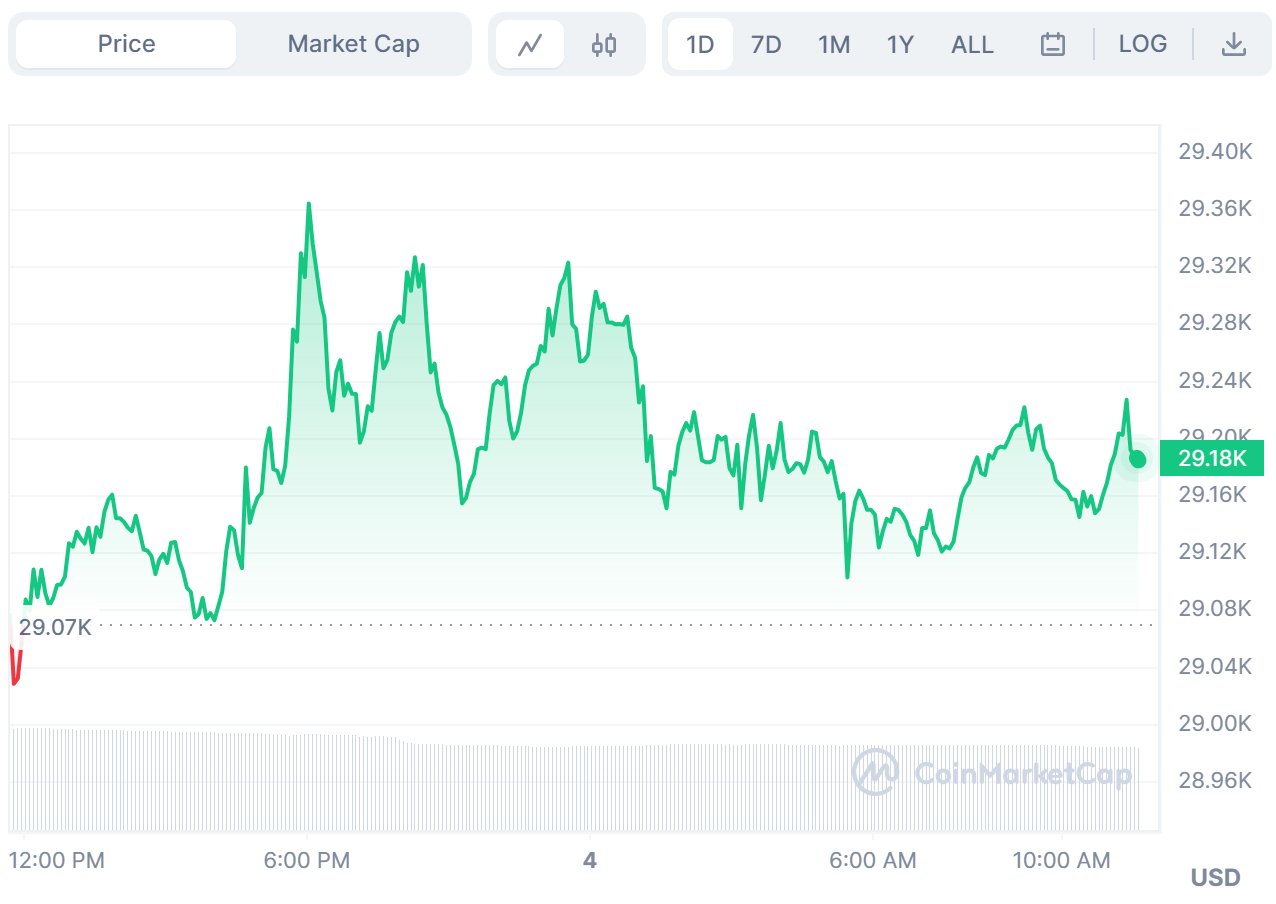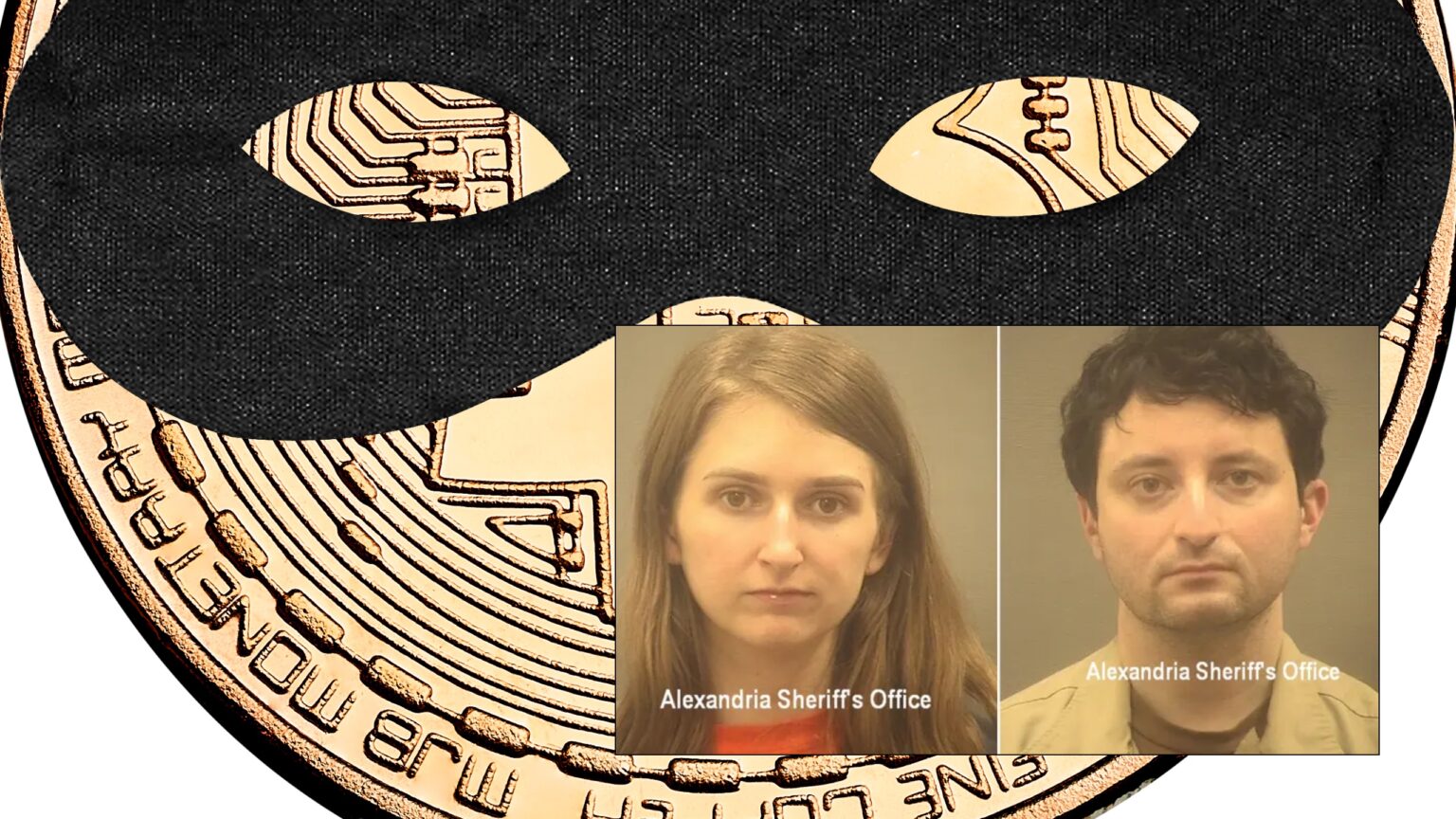A significant disclosure recently rippled through the cryptocurrency world as Ilya ‘Dutch’ Lichtenstein, an American businessman, investor, and web developer, emerged as the orchestrator of the $4.5 billion Bitfinex Bitcoin theft in 2016. This revelation unfolds a new chapter in the crypto-crime narrative, posing critical questions for Bitfinex and the affected investors.
In a courtroom confrontation before US District Judge Colleen, Kollar-Kotelly, a 35-year-old Lichtenstein, conceded his role as the culprit behind the Bitfinex heist, a move that potentially imposes a 20-year prison sentence. He didn’t stand alone, however. His spouse, Heather Morgan, a self-proclaimed social media rapper known by names such as “Crocodile of Wall Street” and “Razzlekhan,” was also present, pleading guilty to the conspiracy of laundering the stolen funds.
The couple’s arrest in New York in early 2022 marked a turning point in this long-drawn crypto mystery. Although the initial charges did not implicate them in the hack directly, further investigations unveiled their involvement in manoeuvring the pilfered Bitcoin funds. Surprisingly, Morgan confessed that she became aware of the hack only in 2020, initially presuming her husband’s sudden affluence to stem from either drug dealings or tax evasion.
The prosecution illustrated the elaborate plot conceived by Lichtenstein for the heist, where Morgan played an unwitting accomplice. Among other illegal practices, the duo allegedly set up fictitious accounts, converted the stolen funds into gold coins, and concealed some of the laundered money in Morgan’s legal bank accounts.
The Bitfinex saga: Hack and its aftermath
Bitfinex, a crypto exchange tied to the world’s most extensive stablecoin, USDT, faced a staggering loss during the 2016 hack. The stolen Bitcoin was initially valued at about $71 million, but the dramatic surge in Bitcoin’s price to $44,000 by early 2022 inflated the theft to $4.5 billion. The BTC/USD cryptocurrency pair currently exchanges hands at around $29,000. 
BTC/USD price chart, Source: CoinMarketCap
Post the security breach, Bitfinex issued Recovery Rights Tokens (RRTs) to the hack victims, setting the value of each token at one dollar. Thanks to the relentless efforts of the U.S. Department of Justice and other investigative agencies, Bitfinex recovered $3.6 billion of the stolen assets.
Bitfinex’s resurgence: Asset recovery and expansion
On July 6, Bitfinex announced that it had obtained $312,219.71 in cash and 6.917 in Bitcoin Cash (BCH) from the U.S. Department of Homeland Security and U.S. Customs and Border Protection. This seizure is part of an ongoing pursuit to recover the assets lost in the 2016 hack. Bitfinex pledged to return the recovered funds to the victims pro rata.
According to the announcement, after redeeming the RRTs, the remaining funds would be allocated to the holders of Unus Sed Leo (LEO), Bitfinex’s native token. Despite the past challenges, Bitfinex has ventured into new territories. It has recently expanded its operations to Latin America, launching a peer-to-peer trading platform in Venezuela, Argentina, and Colombia.
Something BIG is happening! #BitfinexP2P is redefining P2P trading, driving economic growth, and promoting financial inclusivity in LATAM. 🚀
Learn more: https://t.co/xHloxLnbTh pic.twitter.com/gw2Y9X4CfP
— Bitfinex (@bitfinex) June 27, 2023
Moreover, it has received a digital asset service provider license for its El Salvador operations and has partnered with OrionX, a Chilean crypto platform, to foster local education and financial literacy initiatives. Lichtenstein’s admission presents a significant breakthrough in demystifying one of the most complex crypto-crime narratives. As Bitfinex intensifies its recovery measures and spreads its wings into new markets, the industry keenly watches the unfolding aftermath of this multi-billion dollar Bitcoin heist.









 and then
and then